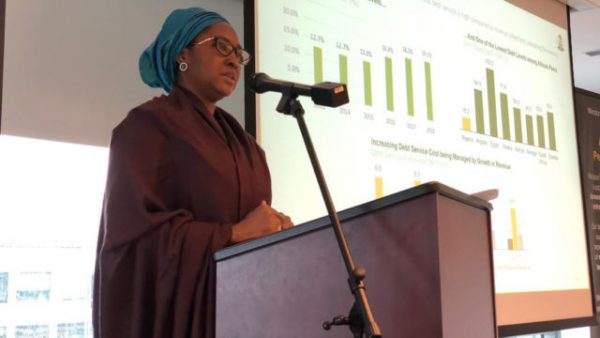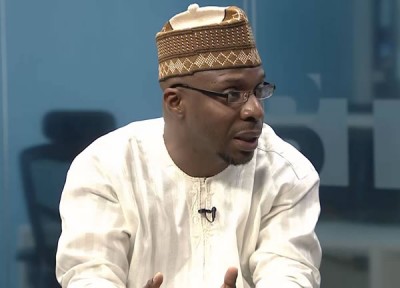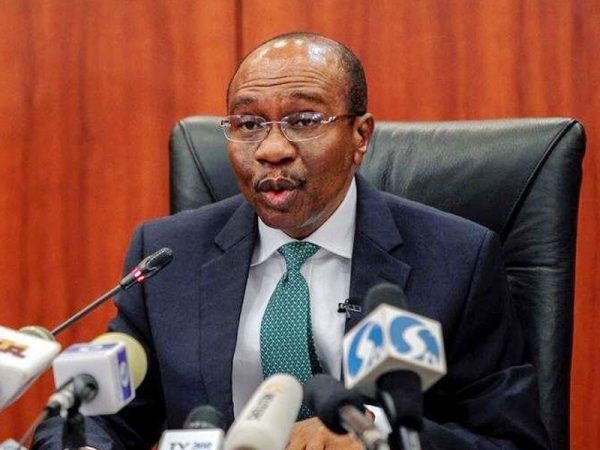How global rate cut push is supporting credit in Nigeria

Central banks in advanced and developing countries are adopting expansionary monetary policy stance in order to stimulate economic growth.
The move, which now tends towards a global unanimity, is, however, creating initial benefits for Nigeria, even as it remains cautious in joining fully the monetary policy bandwagon.
Of course, the monetary policy strategies in each country differ, but the global economic giants are taking the early leaps, with others sustaining years of low and negative interest rate policy.
The Federal Open Market Committee (FOMC) of the U.S Federal Reserve System cut the country’s interest rate in July 2019, the first-rate cut since 2008.
Already, the Bank of Japan, which has long been in the negative interest rate region, sustained the policy rate, while the European Central Bank, due to having a new chief executive, maintained the interest rate at zero.
The Bank of England, despite the scare of Brexit, maintained interest rate at 0.75 per cent, which is considered low compared with the historical average of 3.89 per cent between 2006 and 2009.
In Africa, South Africa’s Reserve Bank lowered its interest rate on July 2019, alongside the Central Bank of Nigeria (CBN), which tweaked its more than 30-month policy downward in March 2019, with a preference for more rate cut.
Presently, the development has caused yields (earnings) on fixed-income securities to drop, an opportunity for low-cost borrowing for the government- domestically and internationally.
“Individuals, companies, and governments can now borrow money both from the domestic and foreign financial markets cheaper than in the last few months.
“Many banks and other credit providers in Nigeria have recently begun aggressively pushing credit to their customers.
“The Federal Government of Nigeria (FGN) is refinancing maturing debt obligations and taking on new debt at cheaper rates because of the low-interest-rate environment,” the Head of Research at FSDH Merchant Bank Limited, Ayodele Akinwunmi, said.
He explained that despite the country’s weight burden, the reality is that it remains under borrowed across all measuring parameter.
According to him, the country’s challenge remains its revenue earnings’ capacity, which is at a record low, but noted that strategic investment of borrowed funds is the only way to rev up the revenue and avoid leakages in the form of outflows caused by lack of infrastructure.
Besides, he pointed out that Foreign Portfolio Investors are aggressively investing in fixed income securities in Nigeria, given the reasonable yields compared to low-interest rates in advanced countries and the expectation of a further interest rate cut, particularly in the U.S.
“FSDH Research warns that the current developments in the global financial market may change, leading to rising interest rates and possible capital flight, particularly from developing countries. Therefore, companies and countries need to build buffers to protect themselves.
“If the current trade tensions between the U.S. and China subside and the economic growth in the two countries returns to an upward trend, there may not be a need for excessive expansionary monetary policy.
“The developments in the U.S. and China affect the global economy as the two countries account for about 40 per cent of the global economy in terms of Gross Domestic Product (GDP).
“They also account for about 33 per cent of total global demand for crude oil. This also means that developments in these countries may affect the demand for crude oil and lead to a price drop.
“U.S., Euro Area, China, Japan, UK, and India collectively account for about 69 per cent of the global economy. If the economic outlook of these regions improves, the low-interest rate may change and there may be capital flight from Nigeria.
“This may hurt the economy and the financial market if there are no buffers in place to counter the negative implications that may follow,” he said.







